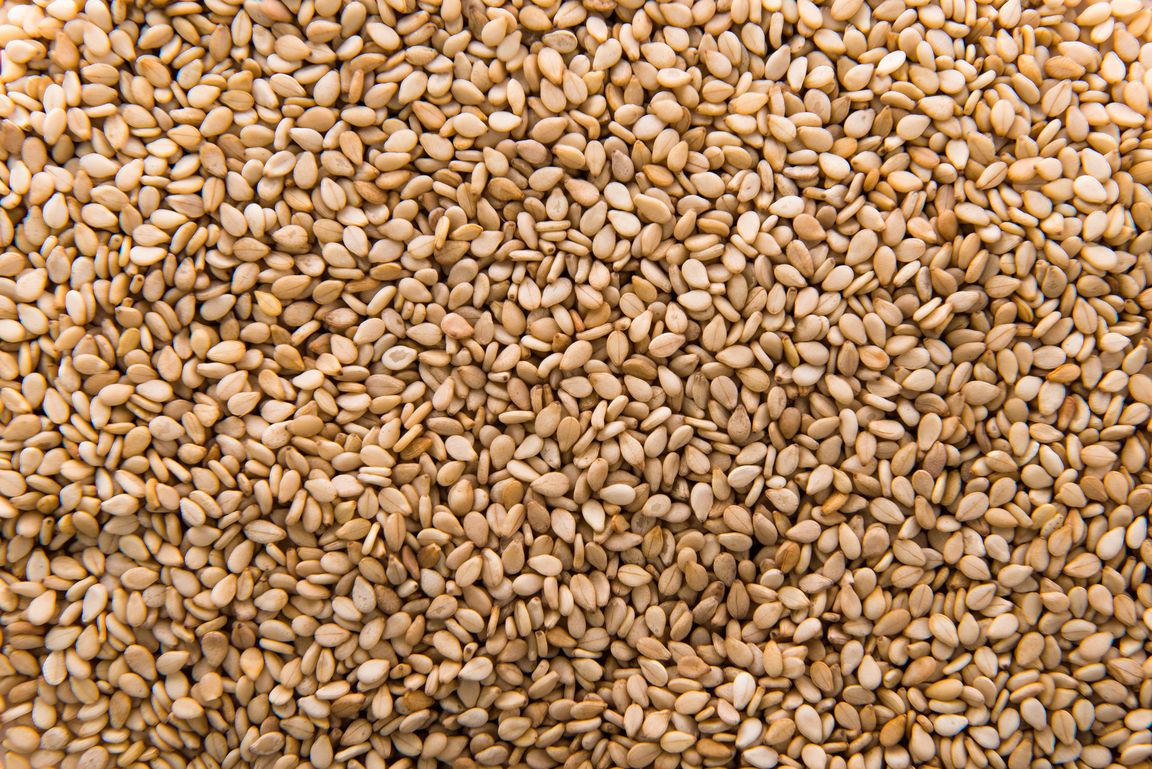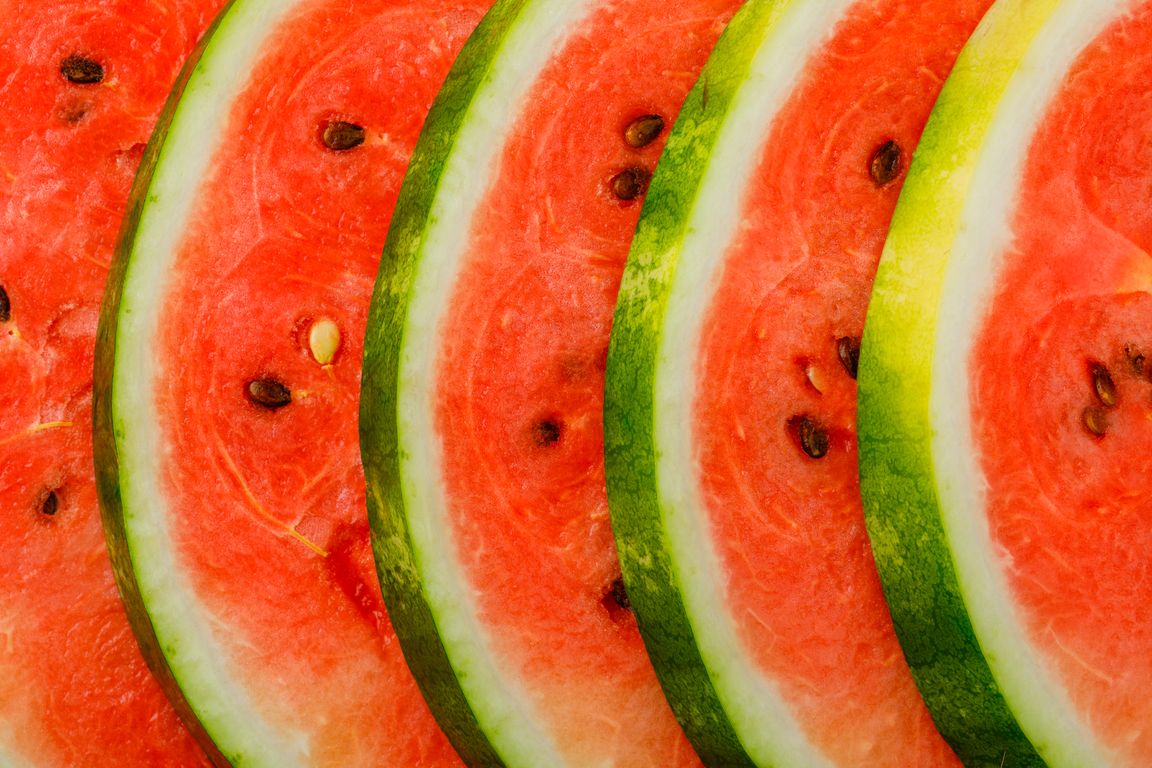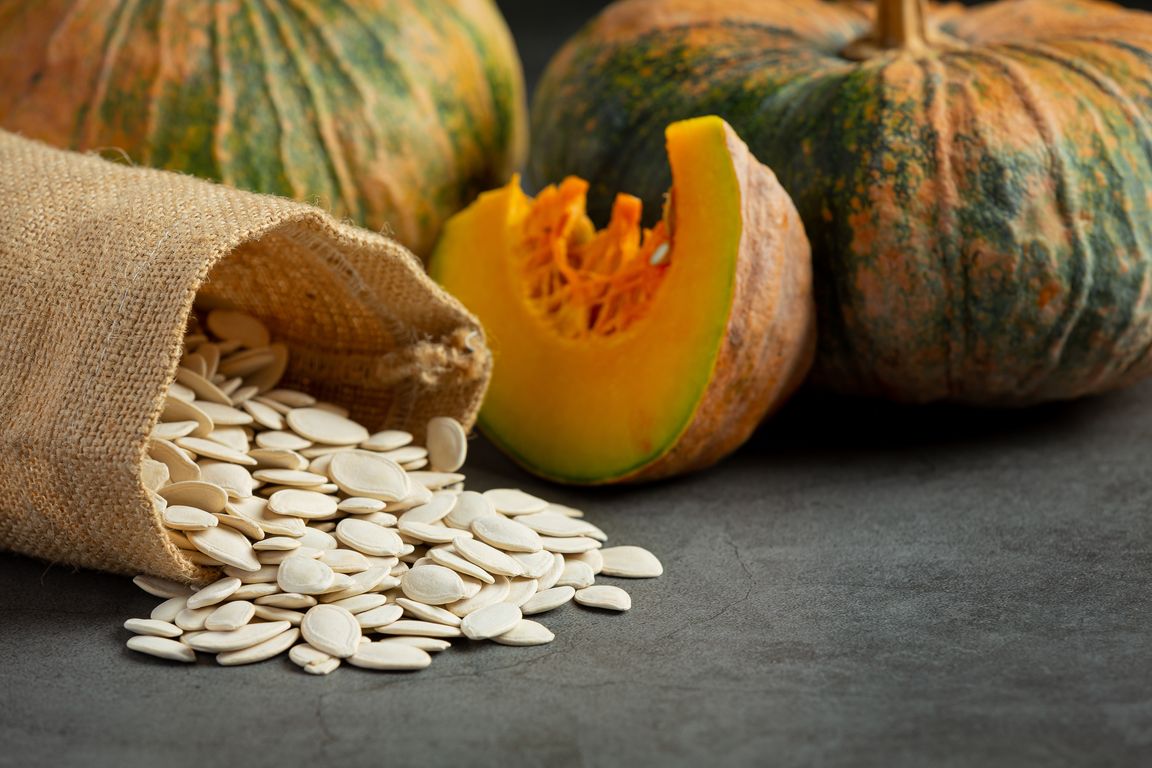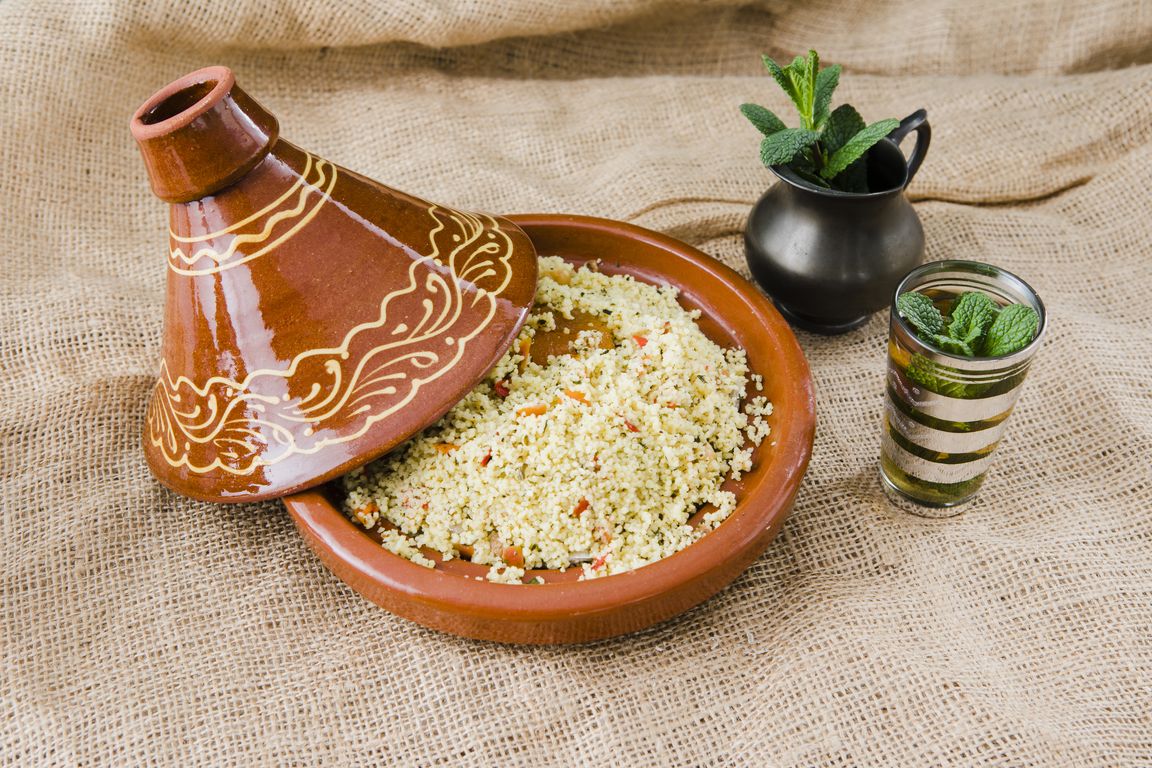In ancient times, seeds made up a third of the human diet. Rich in protein, carbohydrate and fiber, nutritious, they filled with strength and vigor, provided the body with vitamins, macro- and microelements. But today, many neglect the seeds.
As a result of scientific research, it has been proven that seeds are a dietary product with a high content of vitamins. Let's look at the benefits of some types of seeds:
Sesame seeds - or sesame - an oil plant known to mankind since time immemorial. Not only is it rich in protein, but it also contains a powerful antioxidant called sesamin, which is effective in lowering bad cholesterol levels.

Sesame is often used in cooking, sprinkled with lush muffins and baked goods. They make delicious gozinaki from it, and when ground, it is a flour known as tahina, which is part of halva and many sauces often used in Arabic and Jewish cuisines.

Watermelon seeds are extremely beneficial for our health. They normalize metabolism, improve vision, strengthen weakened nails and hair. They are used in cosmetology and in the restoration of the reproductive system. They are quite pleasant in taste, but they should first be fried or dried, and then thoroughly chewed during use.
Pomegranate seeds - tiny nucleoli are enriched with vitamin C, folic acid, magnesium, potassium, manganese. They are useful during pregnancy, hypertension, low hemoglobin, and memory problems (in a glass of pomegranate seeds - only 150 calories). Grains are good fresh, and useful in salads, oatmeal and stir-fry, give them a refined taste.

Pumpkin seeds are a good source of protein and fatty acids, which strengthen blood vessels and lower bad cholesterol. They are rich in magnesium, zinc, iron, potassium, vitamins B and E. And also an amino acid called tryptophan, which has the ability to reduce anxiety levels and helps to cure anxiety disorders. By themselves, roasted and raw seeds are a great snack option, but you can add them to vegetable salads, cereals, pasta and soups.
Flax seeds - take on the impact of our poisons and toxins, and remove them from the body. Flax is rich in phytoestrogens, which help regulate hormonal balance, and proteins, which make up for protein deficiency. Ground flaxseed flour is used to make crispy buns, or added whole to a vegetable salad.
Hemp seeds - will make you the owner of healthy clean skin and lush hair. They will increase brain activity and have a beneficial effect on your memory, and help strengthen the immune system and improve the functioning of the digestive tract. Ideally balanced in Omega-3 and Omega-6 fatty acids, they are an excellent source of linoleic acid and 10 essential amino acids. With a nutty flavor and soft texture, hemp seeds are great additions to salads, yogurts, and smoothies, mixed with cereal, or sprinkled on your favorite fish or vegetables. In Western Europe, milk is produced from hemp seeds.
Quinoa seeds are a cereal grain with an ancient history of development. For instance, it was one of the important foods in the diet of the Indians, and the Incas called it the “golden grain”, and used it along with potatoes and corn.
Now it is known by names like “quinoa”, “chenopodium quinoa”. It is rich in minerals, high in fiber and fatty acids. One cup of quinoa will help you forget about anemia, hair loss, irritability, normalize glucose levels and reduce the risk of heart disease. If boiled, it becomes a hearty side dish, along with rice and oatmeal. Bread is baked from grains ground into flour and pasta is made, and if chilled water is poured into the seeds and sugar is added, we get a wonderful soft drink.

Seeds are capable of many things, they combine a variety of tastes and useful properties, they have proven their superpowers in the fight against all kinds of diseases and their prevention.
Resources: 4fresh.ru; medaboutme.ru; 04.rospotrebnadzor.ru.
Also read: